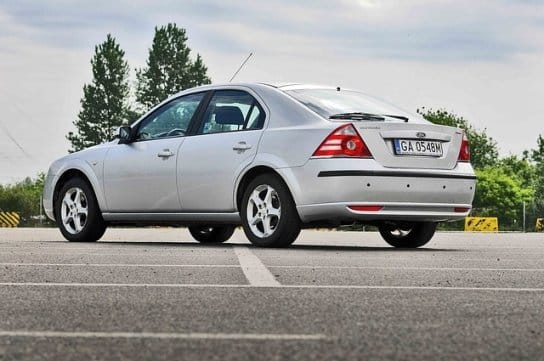With a cost of living crisis in full swing, many of us are looking at ways we can save money. If your trusty old car has given up the ghost or is no longer fit for purpose, you might be wondering how you can save money when you buy a used car.
Luckily, there are lots of handy tips and tricks when it comes to getting the best deal. From negotiating, researching and making informed decisions, we cover everything you need to know about buying a used car below.

1. Do your research
Just because you’re buying a used car, doesn’t mean you’re automatically guaranteed a good deal.
So, it’s important to do your research before you head to the showroom. It’s important to start by looking at the car you want online. For example, if you want an approved used Peugeot car, be sure to look online to see what the going rate is. Then you can see if you’re getting a good deal or not.
You’ll also want to compare different models, specs, and vehicle history to make sure you’re getting exactly what you’re after.
2. Set a budget and stick to it
According to research, as many as one in five UK adults are struggling financially. So that you don’t become one of them, it’s important to decide your budget and stick to it.
Although it’s easy to get caught up in the negotiation in a shiny showroom, it’s important to make sure your budget is realistic – or you might end up in hot water.
When thinking about your budget, you should think about the 50/30/20 budgeting rule where 50% of your monthly income should be on your needs, 30% on your wants and 20% on savings.
And don’t forget: it’s not just the cost of the car itself that you need to think about. It’s crucial that you account for car insurance, maintenance and potential future car-related expenses to avoid putting yourself in financial difficulty.
3. Get a second opinion
If you’re not sure whether a car is in good nick, get a trusted mechanic to inspect the car before you hand over your hard-earned cash. Although it might seem overkill, a professional evaluation can highlight potential issues with the car and provide leverage for negotiations.
It can also help rule out the possibility of inadvertently buying a category A or B vehicle.
4. Hone your negotiation skills
Sometimes, you just need to haggle!
If you want the best deal, it’s a good idea to try your best to negotiate the price. The salespeople in the dealership will usually want to make the sale there and then, so it’s always worth discussing prices and terms to get something more favourable.
Just remember to be respectful yet assertive. Coming across as aggressive could have the opposite effect that you’d hoped for.
Now all that’s left to do is head down to the dealership and put the above four tips into practice. Good luck!

